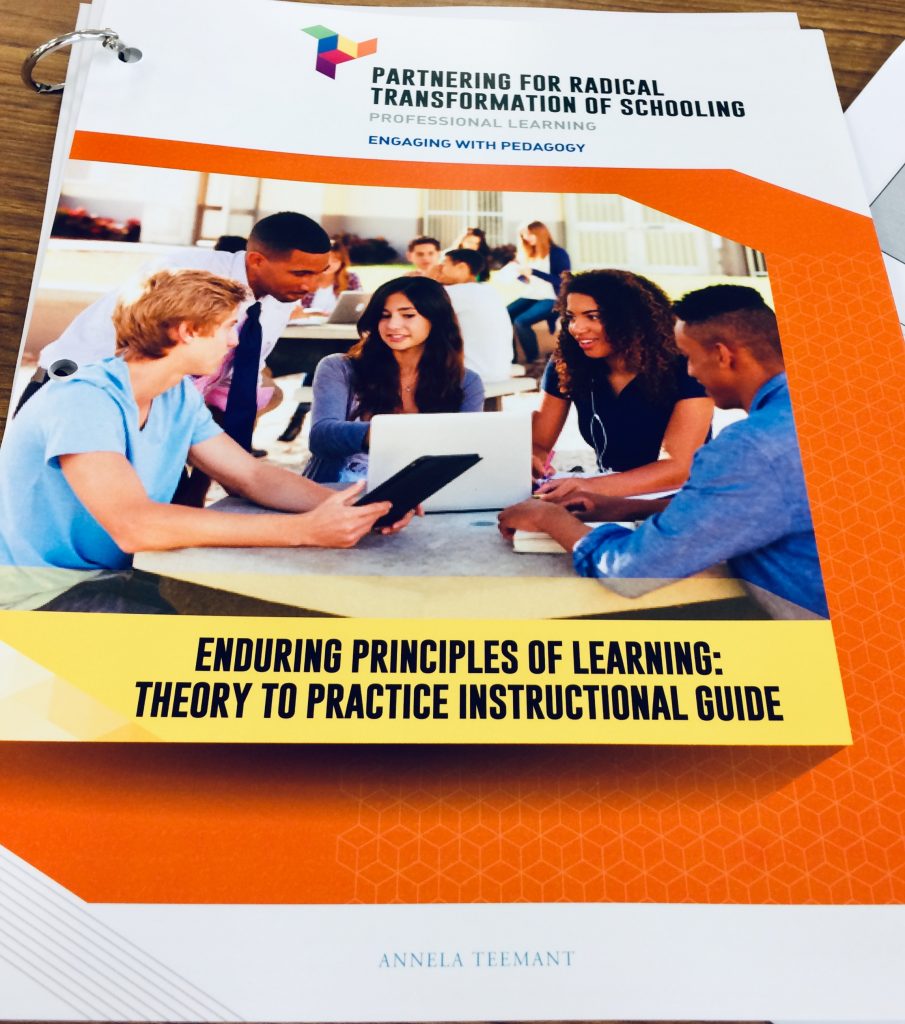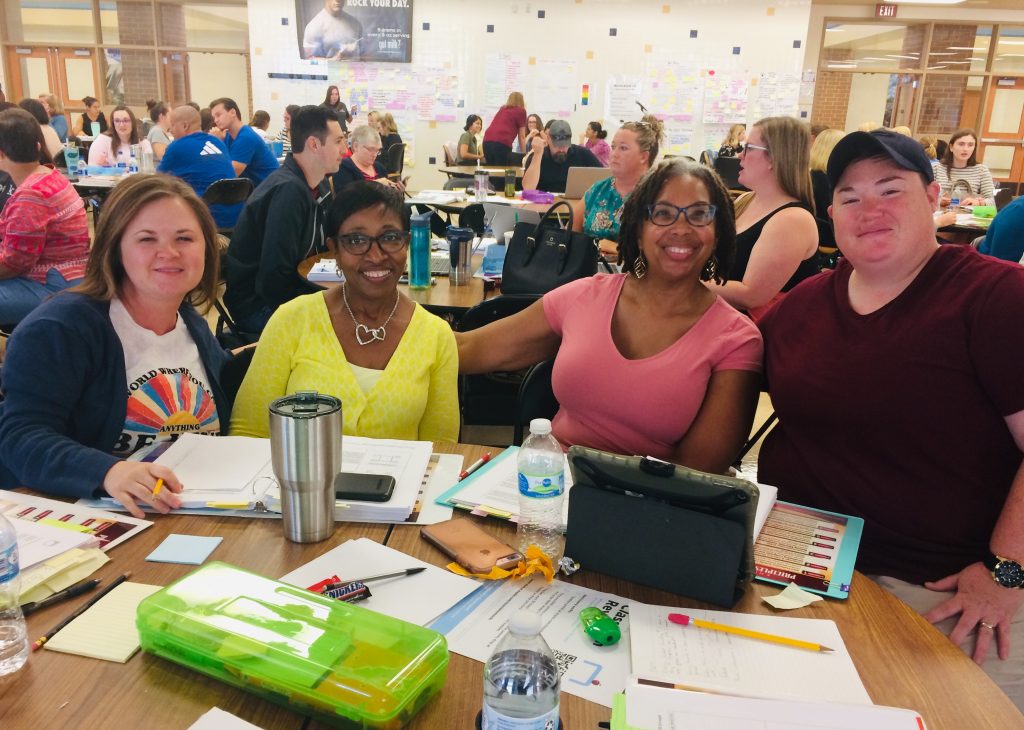Dr. Naomi Flynn (Associate Professor of Primary English Education at the University of Reading’s Institute of Education) tells us about teaching practice from the USA that is making a difference for multilingual learners.
What helps teachers whose pupils are learning English as an additional language? As the number of children with EAL rises in English classrooms, there is more need than ever for teachers to know about best practice that supports good academic outcomes for multilingual learners.
In my quest to find teaching methods that can work not only for EAL learners but for all pupils, I’ve been observing some work going on in the US with great interest. In July I made my second visit to Indianapolis to find out how teacher educators there train teachers in using six Enduring Principles of Learning. The Principles, formerly referred to as ‘The Standards’ and originally shaped by Roland Tharp and a team from University of Hawaii, have been used as a training tool over fifteen years by Professor Annela Teemant and her team at the University of Indiana. Teemant’s intention is to promote social justice and challenge inequities in the classroom, and she has had measurable success with this. Specifically, this way of teaching has had a significant impact on improving the educational outcomes of children who speak English as an additional language (EAL).

I got to know the Principles when I took part in a research project using them as a lesson observation tool in four countries during 2018. I saw some fantastic teaching in classrooms in Indianapolis when I was watching teachers who had received Professor Teemant’s training; so this return trip was a chance to find out just what happens at her training workshops and how they shape teacher mind-set towards a pedagogy that tackles inequities in the classroom.
I worked alongside 90 teachers and some student teachers in a week long programme which ran in the schools’ summer break. In interview conversations with groups of second grade (age 7-8), fifth grade (age 10 – 11) and high school (age 15 – 18) teachers I found that they had come to the workshop because of their belief that working with the Principles could give them agency to ‘own their classrooms’ and inspire their pupils; this despite their feeling just the same curriculum and assessment-related constraints to their practice that UK teachers feel. One teacher shared with me: “I lost my passion a couple of years back, and I am tired of ‘cookie-cutter’ practice to meet State standards. I’m here because I know that this way of teaching can give the passion back to me and support my children (who are all from disadvantaged backgrounds).”

The reason the Principles have been successful is because they are research-informed and evidence-based principles of good practice. They demand that the curriculum needs to be language-rich, culturally relevant, and intentionally designed to engage pupils in motivational learning experiences. The notion of ‘intentionality’ was raised by teachers of all ages: “I know I currently do the right things incidentally, but this training has raised my awareness of how I can make my practice much more intentional: I want to plan meaningful, instructional conversation.” said one second grade teacher.
Back home in England I am already working with one school, where 98% of pupils are multilingual, to see how the Principles play out in an English context. I’m also presenting outcomes of our 2018 work comparing US and UK teachers using The Principles rubric at the ECER 2019 conference in Hamburg in September. This project has bags of potential for teachers’ professional development in the UK; I am just at the beginning and very excited for the future.

